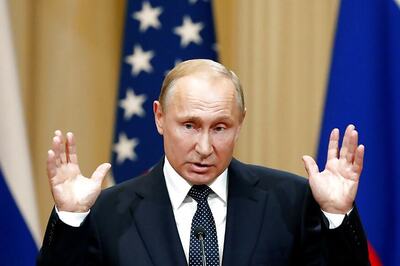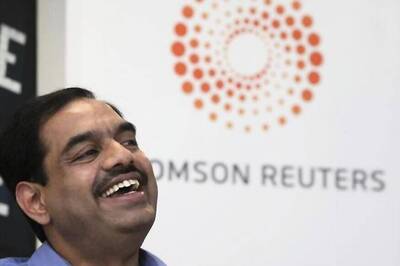
views
London: A virulent new strain of E Coli bacteria that has killed at least 17 people in Europe may be the deadliest yet in human history, health experts said.
Germany is at the centre of the outbreak, with more than 1,500 people ill from eating contaminated vegetables and salads, but the precise source of the new strain is not yet known.
The highly infectious variant has never affected humans before. And with new cases now also reported in the United States, consumers appear to be nervous around the world.
The outbreak has put strains on trade relations, with Russia drawing EU criticism after banning raw vegetable imports from Europe and accusing Brussels of failing to handle the crisis.
German officials originally blamed the outbreak on contaminated cucumbers imported from Spain but later backtracked and apologised to Madrid.
Dr. Robert Tauxe of the US Centers for Disease Control and Prevention, which has been working with German health officials since last week, said the strain was likely the most deadly yet.
"I believe it is," he told Reuters when asked about that possibility, adding it was unclear how the bacteria became so resistant. He said there was no evidence that antibiotics could help. "It is curious to us that it is so resistant," he said.
Scientists say studies so far suggest the contamination source is likely to be somewhere in Germany since almost all the cases are in people who had recently visited the country.
Many patients have been hospitalised, the World Health Organisation said, with several needing intensive care, including dialysis due to kidney complications.
The outbreak is causing bad infections and in a number of cases, complications affecting blood and kidneys. Haemolytic uraemic syndrome, which frequently leads to kidney failure and can kill, has been diagnosed in hundreds of the cases.
"We can certainly speak of an epidemic," Professor Klaus Stark of the Robert Koch institute told Germany's ZDF television. "It's an absolutely unexpected occurence of a large number of cases like we have never seen before in Germany".
E Coli infections can spread from person to person but only by what is known as the faecal-oral route. Health experts in Germany have recommended consumers avoid eating raw vegetables.
E Coli bacteria themselves are harmless. The strain that is making people sick in Europe is part of a class of bacteria known as Shiga toxin-producing Escherichia coli or STEC that produces a poison known as the shiga toxin.
This toxin has the ability to stick to intestinal walls where it pumps out toxins, causing diarrhea and HUS.
"This outbreak is really striking in the number of HUS cases," Tauxe said.
Russia's ban has prompted cries of protest from European government and a rebuke from the European Commission which urged Russia to end its ban immediately.
EU countries exported 594 million euros ($853 million) worth of vegetables to Russia last year while EU imports of vegetables from Russia were just 29 million euros, EU data show.
In Moscow, shops prepared to dump EU vegetables and consumers expressed a mixture of scorn and pride at the ban. But some disagreed strongly, saying the threat was exaggerated.
"I am not afraid of buying vegetables from any country here," said pensioner Vyacheslav Yegorov, carrying a shopping basket filled with grapes and fresh vegetables. "This thing will blow over and be forgotten tomorrow."
In Germany, some consumers were worried the disease could even spread by human contact. A church event in Dresden, attended by 120,000 people, was not serving raw vegetables altogether on Thursday, according to ZDF television.
"I noticed that there were no raw vegetables, which I found calming..." one attendee was quoted as saying.
Another participant added: "I've thought about what I can eat and what I can risk. Yesterday I noticed someone saying: yuk, there's lettuce on top of this."
Spain is threatening legal action over the crisis where farmers say they they lost sales are costing 200 million euros ($287 million) a week. A statement from Spain's presidential office said Germany would consider measures to compensate Spanish farmers for the loss of sales.
Poland, which along with France and Germany is one of Europe's biggest exporters of fruits and vegetables to Russia, said Moscow's move was "excessive compared to the danger", while the Netherlands, famous for its mass-production of salad crops such as lettuce and tomatoes, described it as a major blow.




















Comments
0 comment